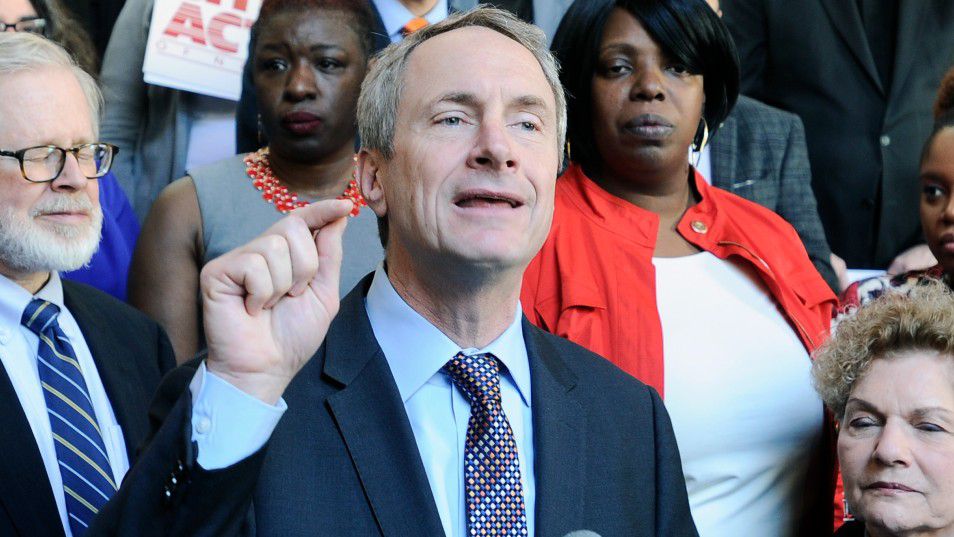BUFFALO, N.Y. -- Under current federal law, off-campus outpatient facilities operated by hospitals that began billing or were under construction prior to November 2015 are exempt from certain site-neutral payment requirements under Medicare.
Cancer Connects is a non-profit that provides programs and services to adult cancer patients. Consulting Executive Director Maria Fibiger said the current policy means patients can pay different prices for the exact same tests in the same geographic area.
"This type of situation is hitting the folks that are 100% much more vulnerable for health care," Fibiger said.
She said the system creates inequity in cost and access to care because people in underserved rural and urban areas already have fewer healthcare options.
"Problem is when you have something that maybe that screening shows that a secondary screening is needed. If you're now in a hospital setting or an emergency room, almost always that bill is going to look far different by an increase than it would in a different setting," Fibiger said.
Congress is considering several different proposals to remove the exemption, including legislation called the SITE Act, supported by Cancer Connects. However, Healthcare Association of New York State Senior Vice President for Federal Policy Cristina Batt said there are reasons practices associated with hospitals cost more.
"Hospital outpatient departments are regulated very differently by state and federal governments. Those regulations require 24 hour, seven day a week emergency standby services. There are multiple differences in the amount of quality wraparound services. We're talking about treating patients who come in with much more complex needs," Batt said.
She said with New York hospitals already dealing with difficult finances and slim margins, this type of legislation could lead to closures and cut services, further limiting access for patients.
"Over two-thirds of hospitals throughout the state are operating at a negative or unsustainable margin so we're operating at a very precarious position," Batt said.
Fibiger said the goal is not to put hospitals out of business.
"We don't want our healthcare providers not to be able to run business as well. That's how they provide great healthcare but it has to be a meeting of the minds to have this conversation," Fibiger said.











